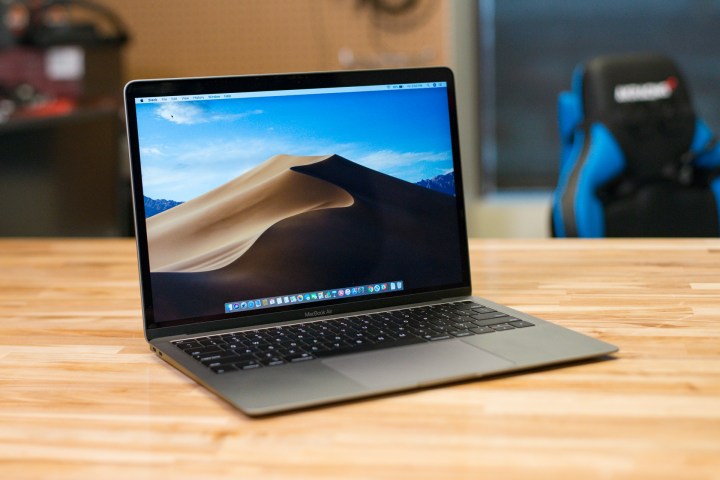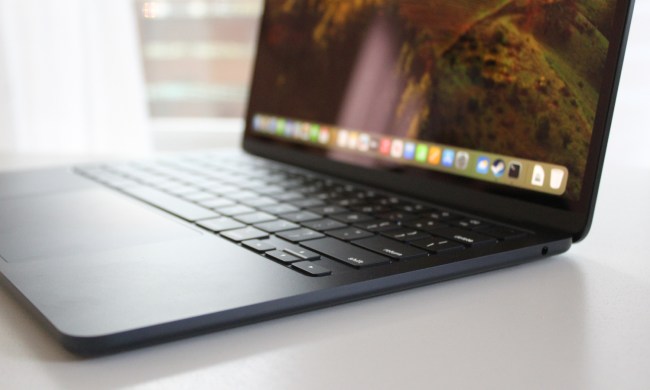
Ever since late 2018, it has been rumored that Apple might consider switching the processors powering its Mac products from Intel’s chipsets to much more custom ARM processors. In the latest development in the saga, Intel claims that the transition is expected to happen as soon as next year, according to Axios.
Although not providing many details, Axios is citing a private conversation with developers and Intel officials in its report. It goes on to mention that while Intel is not ready to publicly announce Apple’s move to ARM, it would fall in line with previous claims from Bloomberg indicating that ARM-based Macs would come by the year 2020.
If and when Apple does ditch Intel, a move to ARM could be a bit tricky. It could mean Apple would need to tweak both hardware and areas of MacOS accordingly for the new processors. While it holds potential in giving developers a larger reach for their apps, there also could be potential compatibility issues with older Intel and any would be newer ARM Macs. However, a switch to ARM could mean Apple no longer would have to rely on the launch schedule for Intel’s chipsets or deal with processor shortages. It would have a bit more control of what goes into its hardware, meaning that new MacBooks could come out more quickly.
The news comes after it was indicated that Apple was working toward combing its apps for iPhones, Macs, and iPads. Known as Marzipan, that project is expected to be completed in 2021 and could start this year with a software development kit that allows developers to port iPads apps to the Mac. It also would allow developers to submit their iOS and Mac apps to both app stores without needing to write the code twice. As Apple’s iPhones and iPads already run on custom chipsets based on the ARM architecture, this has the potential for pairing up things nicely across all of Apple’s platforms.
Other than processors, Apple analyst Ming-Chi Kuo recently claimed that Apple could be launching a 16-inch MacBook this year. While it is unlikely that it would be powered by an ARM processor, it provides hope for a new MacBook look heading into the future.


